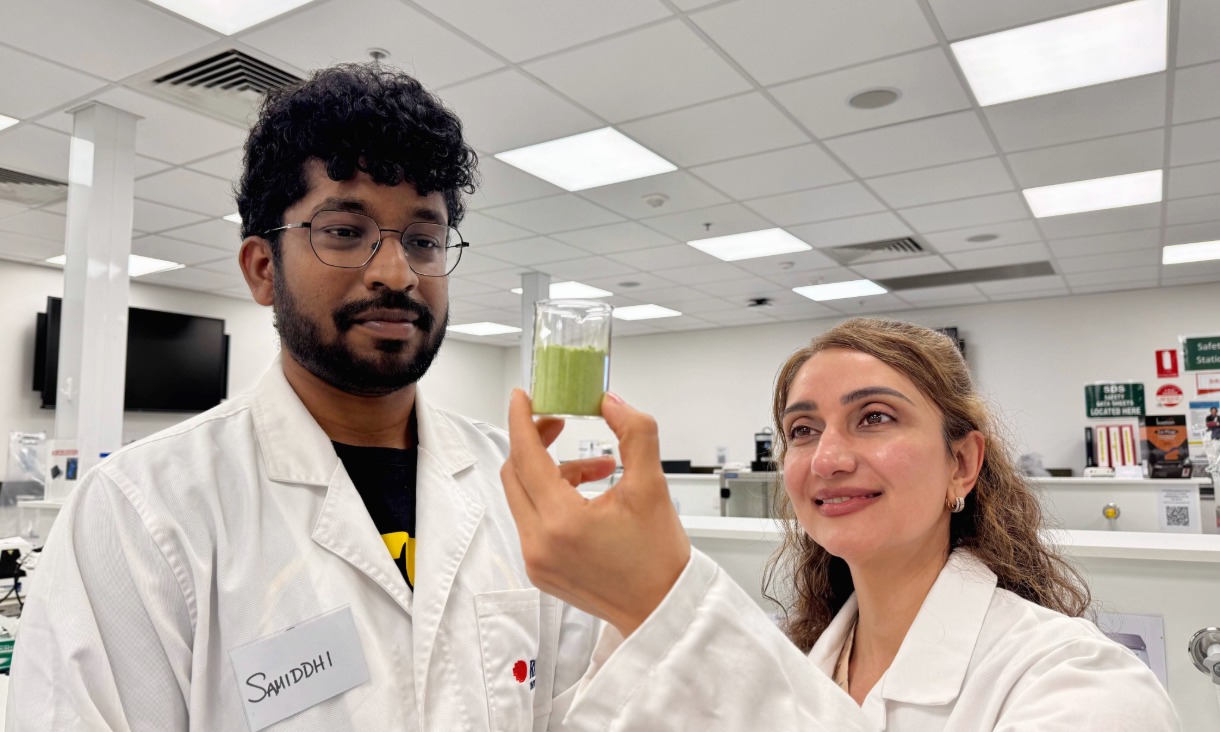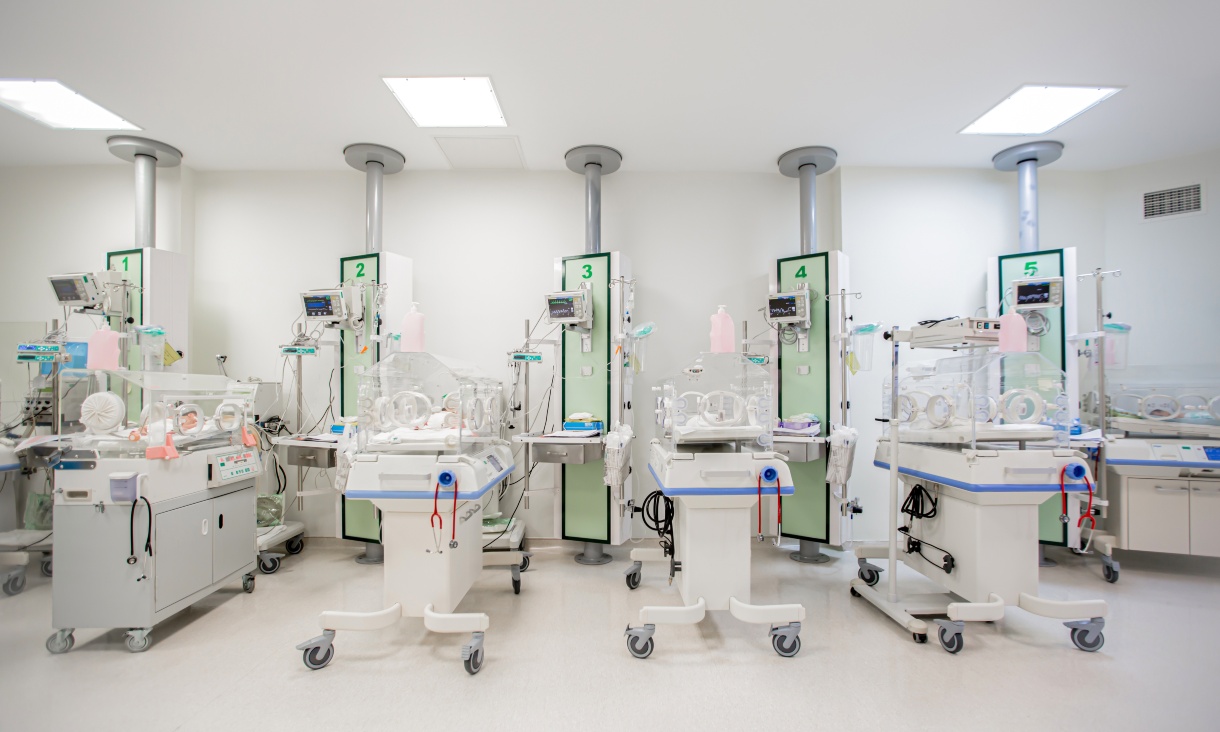The awards are a part of the Edible Cities Network, an international initiative that promotes urban food and agriculture to create more sustainable and resilient cities.
RMIT Europe is a key partner in the network, providing research expertise, technical support, and project management services.
The winners of the 2023 Edible Cities Network Awards were evaluated based on their social, environmental and economic impact, as well as their inclusivity and innovation.
The 2023 winners are:
- Most Innovative Individual Action – CUIB, Romania, a plant-based bistro and a community-space that functions as a hub for sustainability in Romania’s second-biggest city, Iași.
- Most Innovative Individual Action (Local Hero) – Trees de Bruyne, Belgium, who founded the NGO bark.today, which focuses on exploring the potential of food forests for creating new connections and knowledge about urban food in the city of Aalst and across Belgium.
- Most Innovative Social Engagement Process – The Centre of the Earth, Greece, which is an urban farm operating for more than 10 years in Athens, with a particular focus on educational activities and catering to vulnerable groups.
- Best Overall Edible City Approach – Edible City Cologne, Germany, a citywide strategy working to make Cologne more ‘edible’ by promoting edible initiatives in public green spaces and bringing gardens into schools, housing associations, and companies, among others.
Winners are awarded a funded place at the Edible Cities Network Conference in Barcelona in March 2023, where their projects will be presented in front of other sustainability pioneers.
RMIT Europe Research Fellow Nevelina Pachova said the winners of this year's Edible Cities Network Awards showcase the power of urban food and agricultural initiatives to create more sustainable and liveable cities.
“These projects demonstrate that community gardens and urban food initiatives can not only provide fresh produce to urban communities but can also be a catalyst for social and environmental change," she said.
Speaking of her experience on the expert panel, Vic Borrill from the UK’s Brighton & Hove Food Partnership said sustainability is about more than just ecology.
“It's about making sure that you’re giving people equal opportunities to participate, and looking at ways to make your model financially sustainable so that it can continue to make long-term impact,” she said.
“The winners we have chosen for this year’s awards are all examples of holistic approaches to sustainability, and we’re delighted to celebrate them internationally.”
Fellow panel member Laura Martinez from the Norwegian think-and-do-tank Nabolagshager said there is a pressing need to make our cities more sustainable, liveable and healthier.
“56% of the world’s population currently lives in cities and an estimated 7 out of 10 people worldwide will be living in cities by 2050,” she said.
“Creating spaces for food growing and food production is an important step towards this goal and this year’s award-winners play their part in doing that.”
RMIT Europe and the RMIT Centre for Urban Research have been involved in the development of the Edible Cities Network's governance infrastructure and research agenda and have led implementation of the EdiCitNet Awards and the organization of the Edible Cities Network Conference, among other activities.








